In the history of medicine, countless individuals have made groundbreaking contributions that have saved lives and shaped the future of healthcare. However, not all of these pioneers have received the recognition they deserve. From trailblazing women who broke barriers in a male-dominated field to unsung heroes whose discoveries transformed medical practices, these individuals have left an indelible mark on the world. In this article, we highlight the top 9 most unrecognized pioneers in medicine—remarkable figures whose achievements have often been overlooked but whose work continues to save lives and inspire future generations.
Rebecca Lee Crumpler (1831-1895)
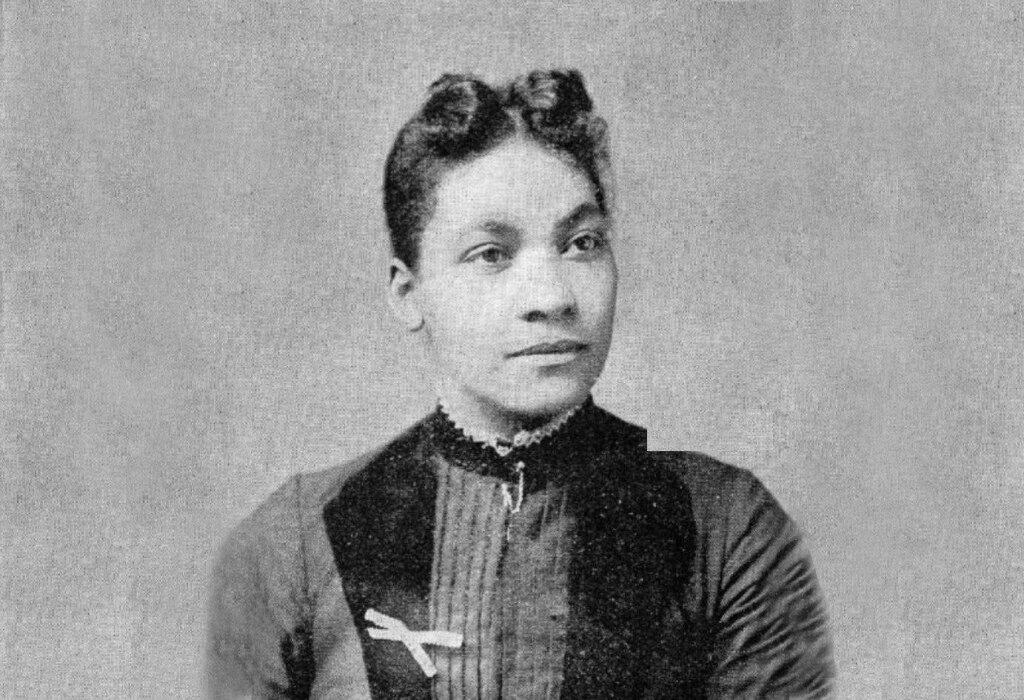
Rebecca Lee Crumpler was a groundbreaking figure as the first African American woman in the United States to earn a medical degree. Graduating from the New England Female Medical College in 1864, Crumpler faced intense racial and gender discrimination throughout her career. Despite these barriers, she dedicated herself to providing medical care to formerly enslaved people in the post-Civil War South. Her experiences led her to write A Book of Medical Discourses in 1883, one of the first medical publications by an African American. Crumpler’s work focused on the health care of women and children, and she was instrumental in offering compassionate care during a time of deep racial segregation. Although her contributions were largely overlooked in her lifetime, her legacy lives on as a trailblazer for women of color in medicine, demonstrating that passion and perseverance can break through the most entrenched societal barriers.
Mary Edwards Walker (1832-1919)
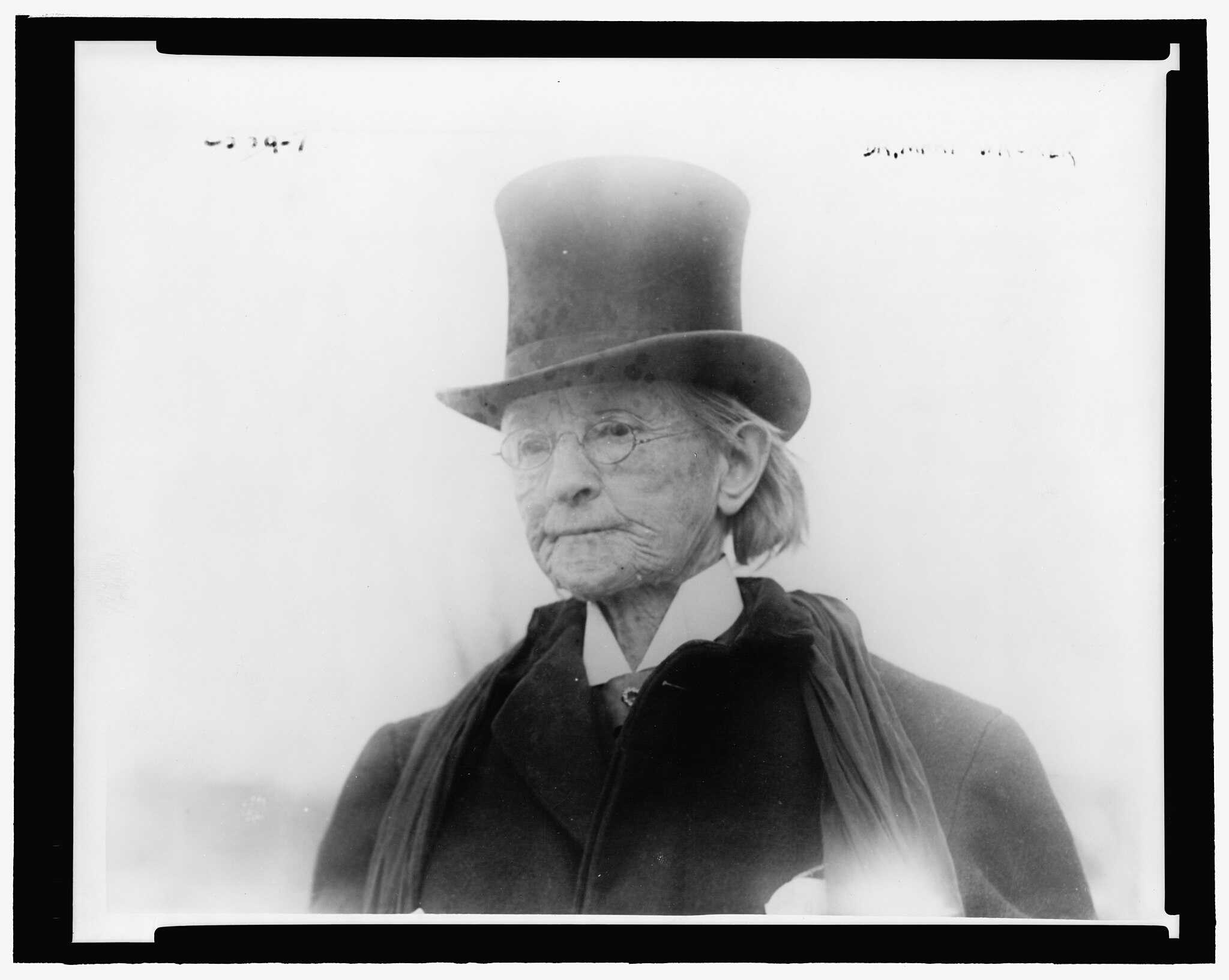
Mary Edwards Walker was a physician, surgeon, and a fierce advocate for women’s rights. She remains the only woman to have ever received the Medal of Honor, awarded for her service as a surgeon during the American Civil War. Walker often crossed enemy lines to treat civilians and soldiers alike, displaying extraordinary bravery. After the war, she became a vocal advocate for women’s suffrage and dress reform, rejecting the restrictive clothing norms of the time by famously wearing trousers. Despite her significant contributions, including her pioneering work in battlefield medicine, Walker’s achievements were downplayed during her life, and she faced scorn and ridicule for her nonconformist lifestyle. Today, her legacy is recognized for its profound impact on both medicine and gender equality, making her one of the most unrecognized yet pivotal figures in medical history.
Susan La Flesche Picotte (1865-1915)
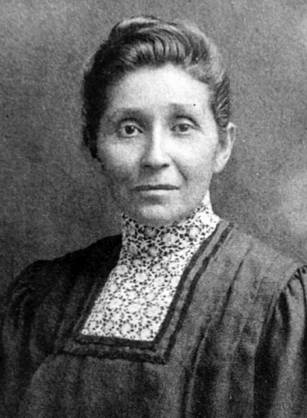
Susan La Flesche Picotte was the first Native American woman in the United States to earn a medical degree, graduating at the top of her class from the Woman’s Medical College of Pennsylvania in 1889. Picotte dedicated her life to serving the Omaha Reservation in Nebraska, often walking miles to treat patients and advocate for their health. She was more than a physician; she was a community leader who fought against the rampant spread of tuberculosis and alcoholism among her people. In 1913, Picotte achieved her dream of opening a hospital on the reservation, providing much-needed healthcare access to her community. Despite her significant contributions to public health, particularly in underserved Native American communities, Picotte’s achievements have not been widely recognized in the broader history of American medicine. Her story is a testament to the powerful impact of culturally competent care and community dedication.
Gerty Cori (1896-1957)
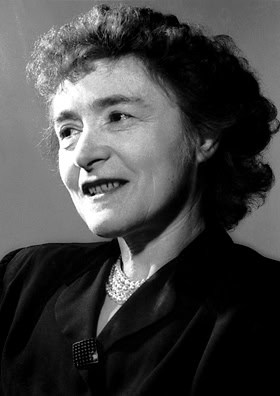
Gerty Cori was a biochemist who, along with her husband Carl Cori, won the Nobel Prize in Physiology or Medicine in 1947 for their discovery of the Cori cycle, which explains how the body converts glycogen to glucose. This discovery was crucial for understanding metabolic diseases like diabetes. Despite her brilliance, Gerty faced significant discrimination as a woman in science, often being offered lower positions and salaries compared to her male counterparts. Even after receiving the Nobel Prize, her contributions were often overshadowed by those of her husband. Gerty continued her research while battling myelofibrosis, a rare blood disease, demonstrating incredible perseverance. Her work laid the foundation for modern biochemistry and metabolic research, yet she remains less recognized than she deserves, particularly given the barriers she overcame as a woman in a male-dominated field.
Gertrude Belle Elion (1918-1999)
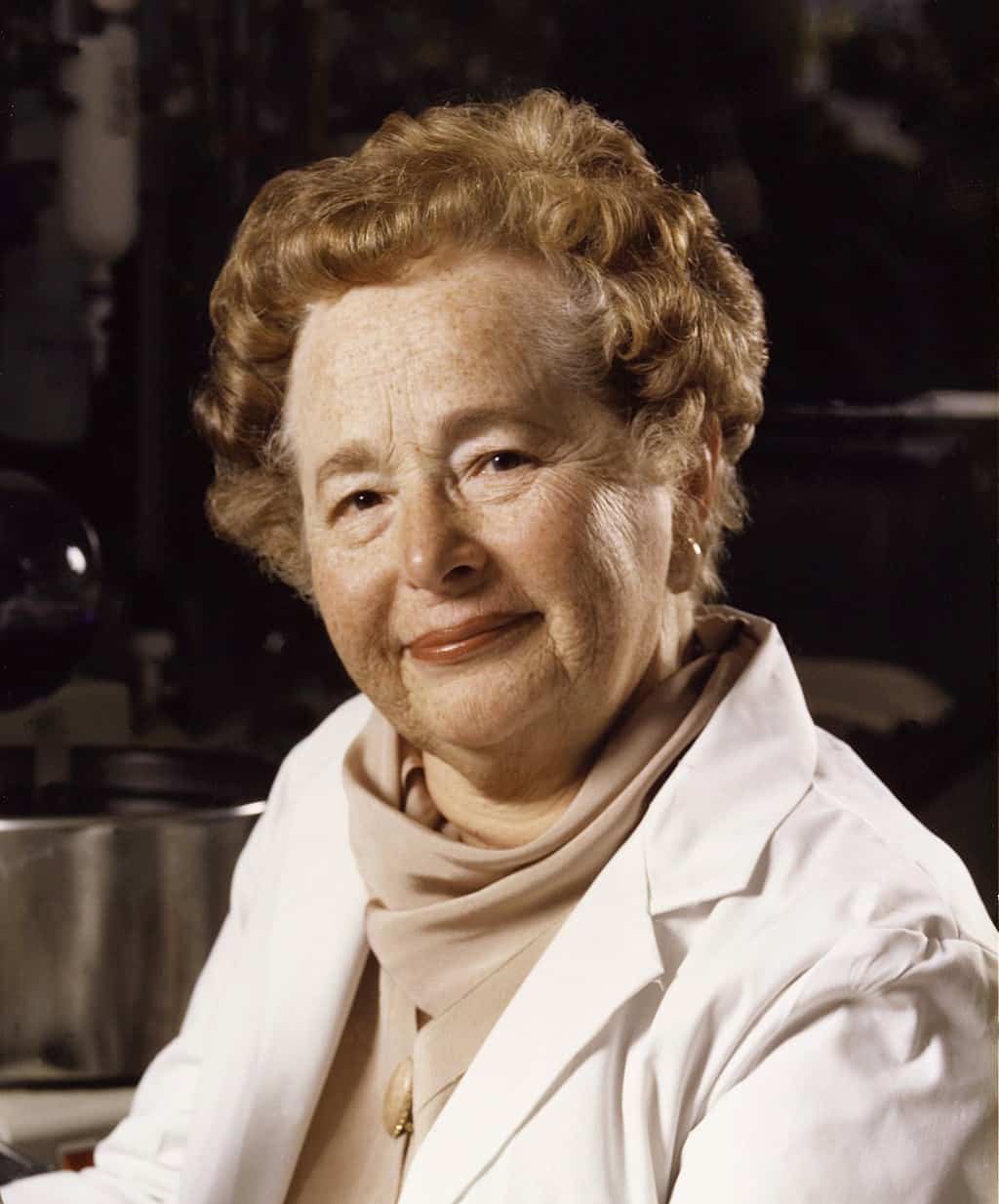
Gertrude Belle Elion was a Nobel Prize-winning pharmacologist whose work led to the development of life-saving drugs, including treatments for leukemia, AIDS, and organ transplant rejection. Unlike many of her contemporaries, Elion never earned a formal doctorate but instead relied on her deep scientific curiosity and rigorous research. Her innovative approach to drug development, which focused on understanding the molecular structure of disease targets, revolutionized the field of pharmacology. Despite her incredible contributions to medicine, including the development of the first immunosuppressive drug, her story is not as widely known as those of her male peers. Elion’s legacy is a powerful reminder of the impact of innovative thinking and perseverance in the face of adversity.
Jane Cooke Wright (1919-2013)
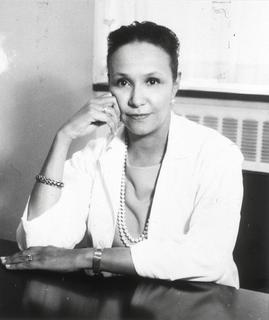
Jane Cooke Wright was a pioneering oncologist who played a key role in the development of chemotherapy as a viable treatment for cancer. The daughter of one of the first African American graduates of Harvard Medical School, Wright followed in her father’s footsteps but pushed the boundaries of what was possible in cancer treatment. She was the first woman to be elected president of the New York Cancer Society and served on the President’s Commission on Heart Disease, Cancer, and Stroke. Despite her groundbreaking work, including the development of individualized chemotherapy protocols, Wright’s contributions have not been as widely recognized as they should be. Her work has saved countless lives, yet her name is often absent from the history books, making her one of the most unrecognized pioneers in modern medicine.
Rosalyn Yalow (1921-2011)
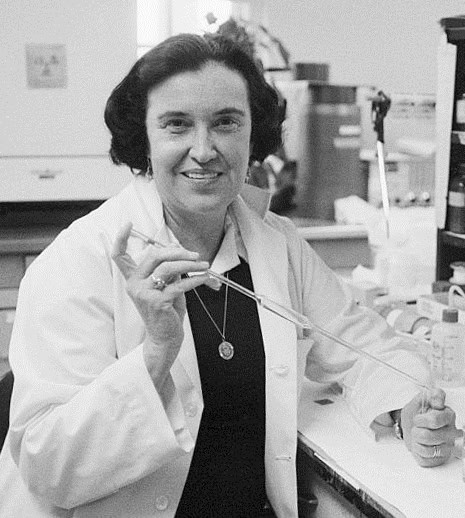
Rosalyn Yalow was an American medical physicist who co-developed the radioimmunoassay (RIA) technique, a breakthrough that earned her the Nobel Prize in Physiology or Medicine in 1977. This technique allowed for the precise measurement of hormones in the blood, which revolutionized diagnostics and led to significant advances in the treatment of various diseases, including diabetes. Despite the immense impact of her work, Yalow’s achievements have often been overshadowed by those of her male colleagues. Her work not only advanced medical science but also challenged the gender norms of her time, proving that women could excel in the most rigorous scientific fields.
Marian Diamond (1926-2017)
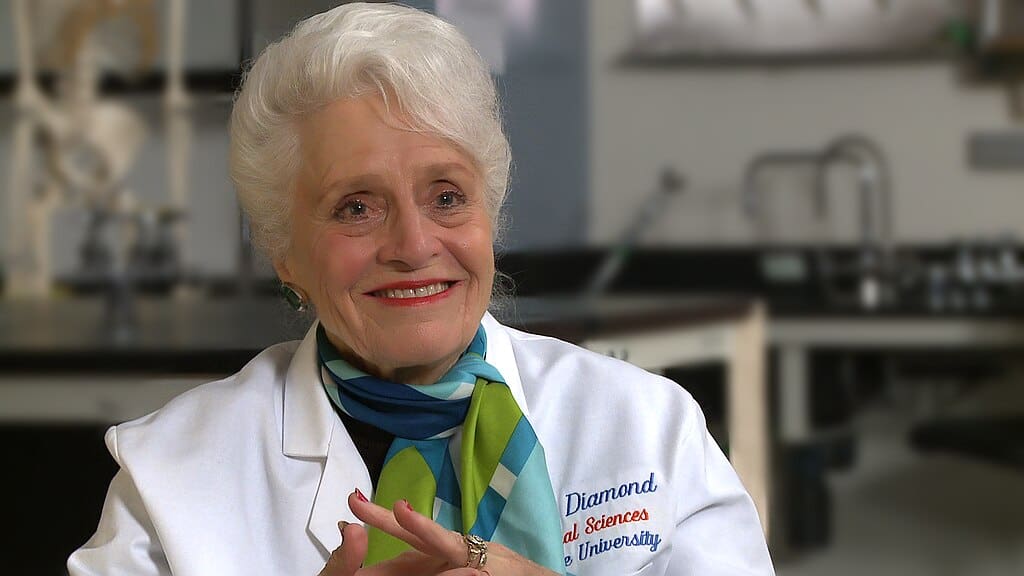
Marian Diamond was a neuroscientist best known for her groundbreaking research on brain plasticity, particularly her studies on Albert Einstein’s brain. Diamond’s work provided critical evidence that the brain can change structurally in response to environmental enrichment, a discovery that has had profound implications for education and mental health. Despite her significant contributions to neuroscience, Diamond’s work has not received the widespread recognition it deserves, often overshadowed by her male counterparts. Her research challenged the long-held belief that the brain’s structure was fixed after a certain age, opening new avenues for understanding brain development and cognitive function.
Audrey S. Penn (1934-Present)

Audrey S. Penn is an American neurologist known for her research on myasthenia gravis, a chronic autoimmune neuromuscular disease. Penn was the first Black woman to serve as acting director of an institute at the National Institutes of Health (NIH), and she was elected the first female president of the American Neurological Association. Despite these significant achievements, Penn’s contributions to neurology and her role as a trailblazer for women and African Americans in medicine have not received the widespread recognition they deserve. Her work has had a lasting impact on the treatment of neuromuscular diseases, yet her name is often overlooked in the history of medical research.
This article originally appeared on Rarest.org.
More from Rarest.org

Aquarium fish enthusiasts know the value of rare and exotic species. These fish are prized for their beauty, uniqueness, and the prestige of owning them. Read more.
19 Unique Cacti Found in Deserts

Cacti are among the most fascinating plants found in the world’s deserts, each with unique adaptations to survive harsh environments. Read more.
20 Underrated Inventions That Shaped Modern Life

Many inventions have dramatically changed our lives, but not all of them get the recognition they deserve. Some seemingly simple creations have had a profound impact on modern living, quietly shaping our daily routines and industries. Read more.
